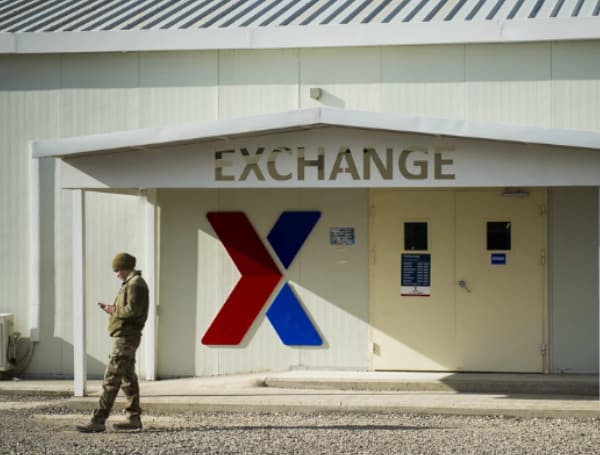
The U.S. State Department is initiating the evacuation of all nonessential personnel from its embassy in Baghdad, a move that underscores mounting concerns over escalating tensions across the Middle East. Similar authorizations for staff and their families have been extended to U.S. missions in Bahrain and Kuwait, signaling a broader apprehension that regional unrest could rapidly spread.
The decision comes as nuclear talks between the U.S. and Iran have reached an impasse, pushing the volatile relationship to a critical juncture.
READ: U.S. Defense Secretary Hegseth Faces Republican Firestorm At Contentious Senate Hearing
The Pentagon has confirmed it is standing by to assist with evacuations should the situation deteriorate further, describing this as a “shift in U.S. posture amid rising threats from Iran.”
At the heart of the crisis is the stalled diplomatic effort to revive the 2015 nuclear deal. The International Atomic Energy Agency (IAEA) is reportedly considering a vote to censure Iran, a step that could “trigger” the reimposition of U.N. sanctions, as outlined in the original agreement.
In response, Iranian defense leaders have issued direct warnings, declaring that all U.S. bases in the region are “within reach” and would be targeted if conflict erupts.
READ: Safeguarding The Welcome: FBI’s Afghan Evacuee Vetting Gets Thumbs Up
While the U.S. Embassy in Baghdad has been operating with reduced staffing for some time, the new departure order and the visible military preparedness highlight heightened fears of instability. The voluntary departure options offered to Americans in Kuwait and Bahrain further illustrate the perceived widespread nature of the threat.
Iran, for its part, continues to deny any pursuit of nuclear weapons, instead accusing the U.S. of “fueling instability through militarism.” However, Tehran’s increasingly aggressive rhetoric and apparent readiness for confrontation are raising alarms among regional nations and Western allies, according to reports.
The unfolding situation underscores a perilous moment in the Middle East, with stalled negotiations and heightened military posturing creating a combustible environment.
As diplomats work behind the scenes, the immediate priority for the U.S. appears to be the safety and security of its personnel in a region teetering on the brink.
Please make a small donation to the Tampa Free Press to help sustain independent journalism. Your contribution enables us to continue delivering high-quality, local, and national news coverage.
Connect with us: Follow the Tampa Free Press on Facebook and Twitter for breaking news and updates.
Sign up: Subscribe to our free newsletter for a curated selection of top stories delivered straight to your inbox.